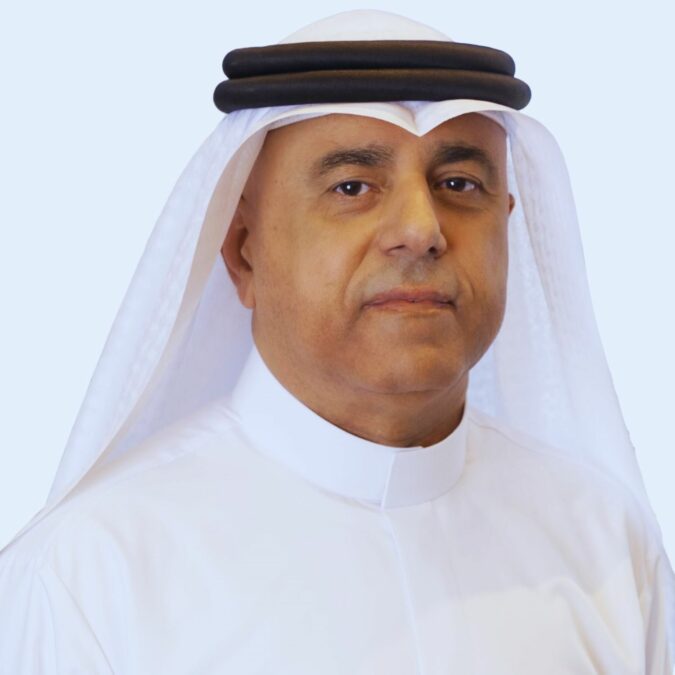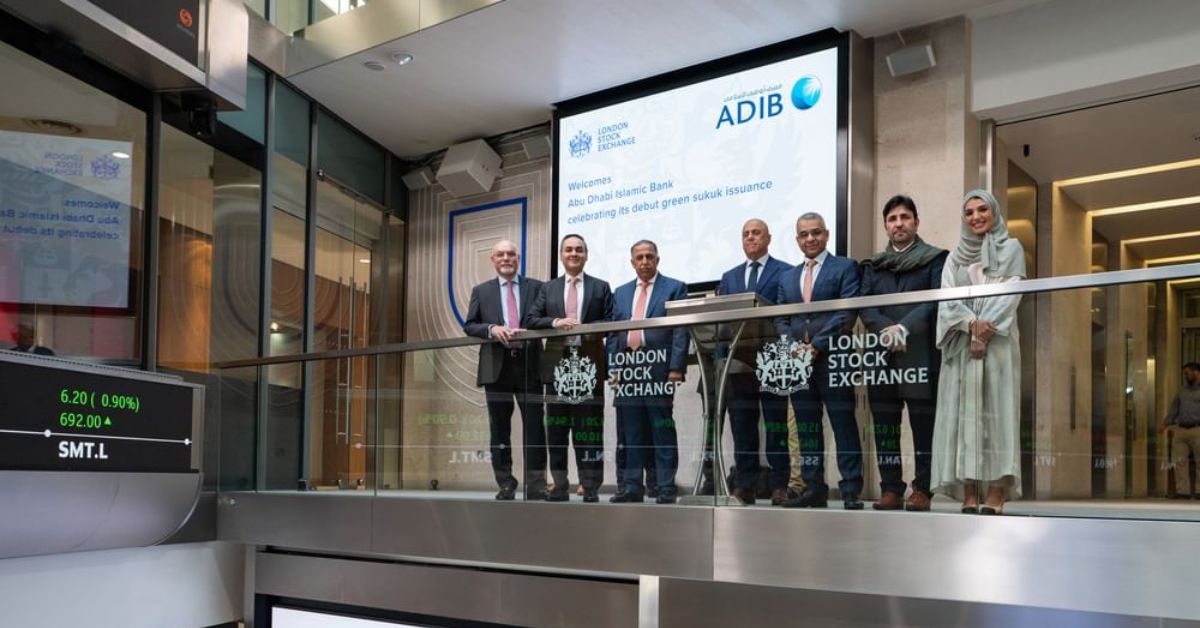ABU DHABI – Financial institutions play a pivotal role in channeling capital towards projects that enhance sustainability and climate neutrality, according to Nasser Abdulla Al Awadhi, Group Chief Executive Officer of Abu Dhabi Islamic Bank (ADIB).
He highlighted the bank’s commitment to this cause by launching a sustainable financing framework aimed at supporting projects focused on environmental protection and social justice advancement.
Al Awadhi revealed that ADIB’s sustainable financing portfolio is currently valued at approximately $1.51 billion (AED 5.54 billion), with plans in place to significantly increase this figure in the upcoming years. Additionally, the bank is set to introduce climate neutrality initiatives, reinforcing its position as a key facilitator for capital projects addressing urgent environmental and social challenges.
The CEO further stated that ADIB remains dedicated to leading the charge in sustainability efforts, providing financing that aligns with its core principles. Notably, ADIB became the first financial institution globally to issue U.S. dollar-denominated green sukuk. The bank plans to use the net proceeds from the sukuk to fund eligible green projects, thus bolstering efforts to mitigate climate change within its sustainable financing framework.

Regarding expansion and growth, Al Awadhi mentioned the bank’s strategy to leverage local market opportunities this year, backed by a strong financial standing and high liquidity to support substantial growth rates. ADIB is focused on introducing new products and innovative offerings to increase its market presence.
Al Awadhi also noted that the bank’s performance last year surpassed analyst and observer expectations, with a net profit surge of 45 percent to $1.43 billion and a 36 percent increase in revenues to $2.53 billion. This success is attributed to a diversified income strategy, emphasizing growth in non-financing income sources.
He highlighted a 18 percent increase in fee and commission income, bolstered by new products such as loyalty and cashback cards. Financing source income also saw a 47 percent rise, fueled by expanded financing activities and improved margins.
He also mentioned that the bank’s retail sector experienced significant growth, with the customer base expanding by over 200,000 to reach 1.2 million, the majority of whom are UAE nationals.
ADIB’s Group CEO further emphasized the bank’s commitment to reinforcing its footprint in key markets, notably Egypt, which remains a strategic priority. He said, “We continue to capitalize on the promising opportunities in this market through innovative offerings and solutions, while strengthening our substantial presence in the UAE, where we operate more than 60 branches and over 500 ATMs, alongside our strategic markets including Saudi Arabia, Qatar, the United Kingdom, and Iraq.”
Despite the competitive banking landscape in the UAE, Al Awadhi noted that ADIB is well-positioned financially to leverage the local market’s promising opportunities. He referenced international reports forecasting a 4 percent growth in the national economy in 2024, supported by numerous projects aimed at economic development and diversification.
Over the past year, the bank launched several products that have increased its market share and attracted new customers. It plans to introduce more products this year, focusing on innovation and the launch of new services. Furthermore, ADIB continues to invest in its digital transformation strategy, which has significantly enhanced service levels, operational efficiency, and revenue growth.
Al Awadhi detailed the bank’s success in rolling out new initiatives and embracing large-scale technological advancements, including updates to its mobile application, which have resulted in over 80 percent of customers utilizing its digital services.
Highlighting the UAE’s strategic vision to excel across various sectors, Al Awadhi underlined the importance of diversity, adaptability, and resilience in building a robust economy. The UAE Vision aims to foster opportunities in banking, technology, sustainability, and digital transformation, positioning the nation as a leader in these fields.
Al Awadhi also highlighted the banking sector’s pivotal role in supporting economic diversification and growth in the UAE. He observed that recent years have seen transformative developments within the sector, leading to significant advancements in how banks and financial institutions operate and their standings in global rankings. He emphasized that UAE banks have transcended their local status to become global entities with activities, businesses, and branches worldwide.
The ADIB CEO noted that the UAE’s legislative environment has significantly aided banks in achieving their growth objectives. It has facilitated business operations and the sector’s development, enabling a swift transition towards digitalization. This transformation aims to cater to the diverse needs of customers, ranging from individuals to corporations.
Al Awadhi mentioned that Abu Dhabi Islamic Bank boasts a rich pool of national talent, highlighting one of the highest Emiratization rates in the banking sector. Emiratis constitute 40 percent of the bank’s total workforce, with women making up 70 percent of the Emirati employees. Moreover, Emiratis hold 47 percent of management positions, showcasing the bank’s commitment to fostering local talent and leadership.
Regarding the future of global interest rates, Al Awadhi referenced reports from US Federal Reserve policymakers indicating easing inflationary pressures and a slowdown in the labor market. Consequently, the base interest rate was kept unchanged at the previous meeting, reflecting a cautious approach to monetary policy amidst evolving economic indicators.








